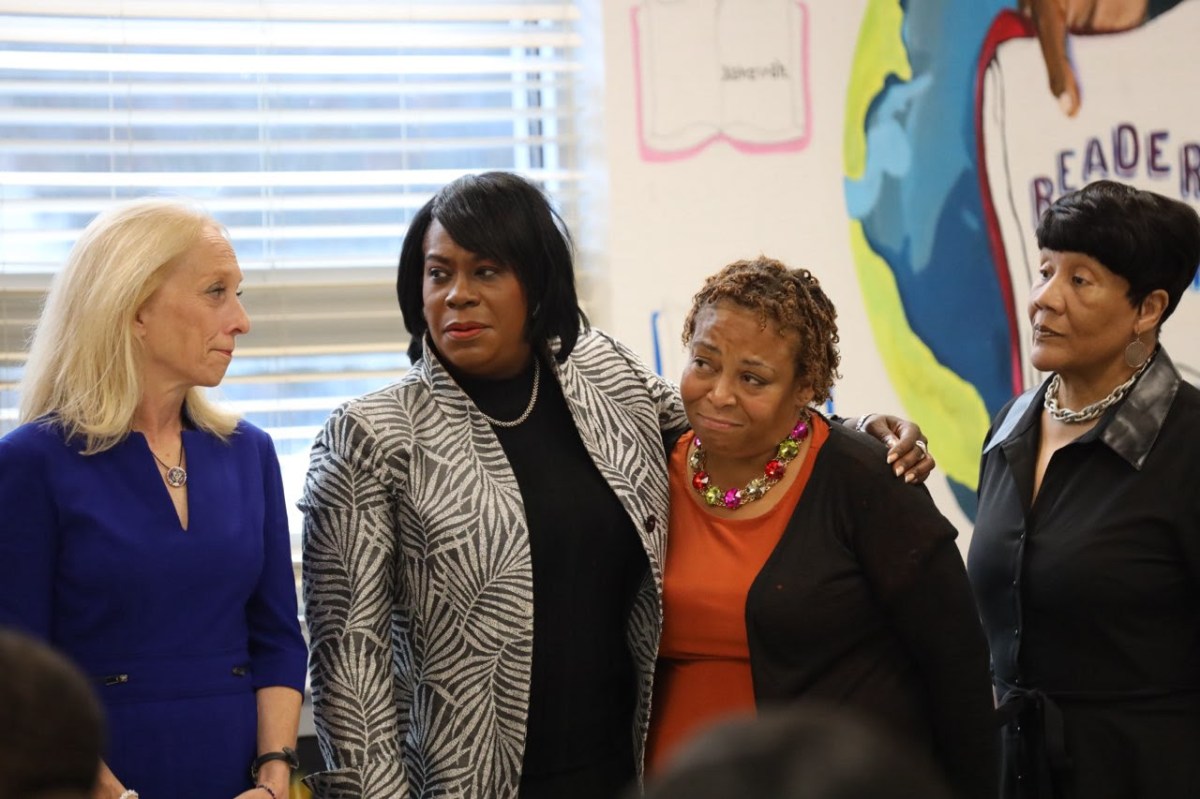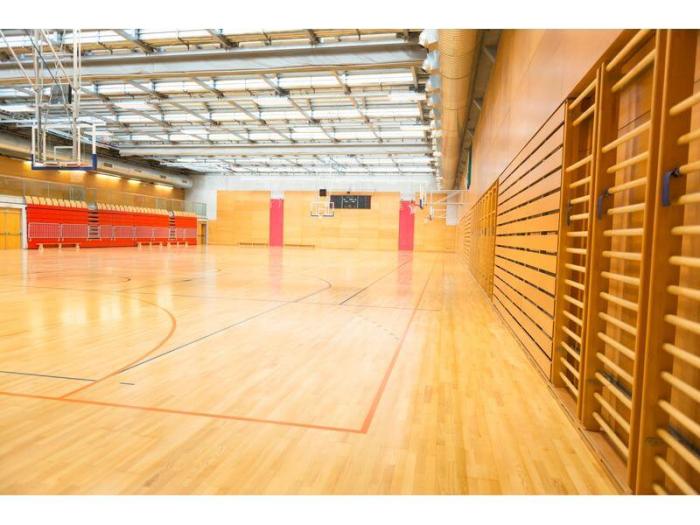September is Suicide Prevention Month and in New York City, Latina girls unfortunately make up a huge piece of the pie. In 2013 alone, a whopping 13.3 percent of Latina adolescents in New York City attempted to take their own lives.
Putting an end to teen suicide; local group takes action

iStock
Facing the challenge head on is Comunilife, a 26-year-old agency that provides culturally competent housing and mental health services to New York City’s Latino community. One of its most powerful initiatives is its Life is Precious™(LIP) program, which is aimed at eradicating teen suicide among Latina youths.
Dr. Rosa M. Gil, Comunilife’s founder, president and CEO, states that “Comunilife started LIP after reading dire statistics from a report issued by the Centers for Disease Control and Prevention in 2007, and the realization that no one was doing anything about it.”
Gil adds that “upon learning about this epidemic, Comunilife’s board became and remains committed to helping Latina teens who have seriously considered or attempted suicide.”
Launched in 2008, LIP was developed specifically for Latina girls aged 12 to 17 who are working through suicidal thoughts and tendencies. Through LIP, Comunilife strives to bring suicide prevention activities to some of our city’s most vulnerable teens; all come from low-income families, many are immigrants and first-generation New Yorkers, and all face health disparities that limit their access to mental health services.
In other words, all troubled teens deserve access to high-quality mental health care—regardless of income level.
LIP addresses suicide prevention head on through a variety of services that include academic support, creative arts therapy, individual and group counseling, wellness activities and more. It essentially approaches the problem from multiple angles to better understand and prevent self-harm. As these young girls work toward healing, mental health providers are there every step of the way, providing a safe, warm environment that also embraces the Latina culture.
Gil adds that “LIP is the only one of its kind in the country that provides culturally sensitive life-saving interventions to Latina teens between the ages of 12 and 17 years old by using emotional and physical wellness, academic programs, and creative arts activities.”
LIP is not just about preventing suicide during tough times. It’s also about giving Latina adolescents the tools to help them cope and succeed as they grow into healthy, productive women. With locations in the Bronx, Brooklyn and Queens, more than 100 New York City teens have participated in the program in 2015. Teens are referred to the program by school personnel, pediatricians, mental health practitioners and emergency room doctors, and community organizations. Teens and their families can also self-refer by calling (917) 304-3645.
In the seven years that LIP has been open, more than 200 Latina teens have taken part in the program. All are in school or have graduated from high school and all report better relationships with their families—most importantly, not one of the 200 teens has completed suicide.
In addition to their suicide prevention activities, Comunilife provides 1,579 units of supportive and affordable housing for low-income New Yorkers, many of whom are also living with HIV/AIDS or mental illness. The organization also provides 23,000 units of mental health services through their Vida Guidance Center in the Bronx. Comunilife will be opening El Rio, a new 65-unit building for low-income residents and New Yorkers living with special needs, in the Bronx later this autumn.
“It is vital to provide services, whether they are housing or mental health, in a context that clients understand,” says Gil. “Comunilife’s programs are successful because we do not run away from, but incorporate the cultural environment in which our clients live. How can we expect our clients to positively respond when services are provided in a language they are not fluent in or comfortable speaking? Or develop treatment plans that do not incorporate their culture?”
More information about Comunilife and their Life is Precious™ program is available on their website at www.comunilife.org or by calling (212) 219-1618.




















